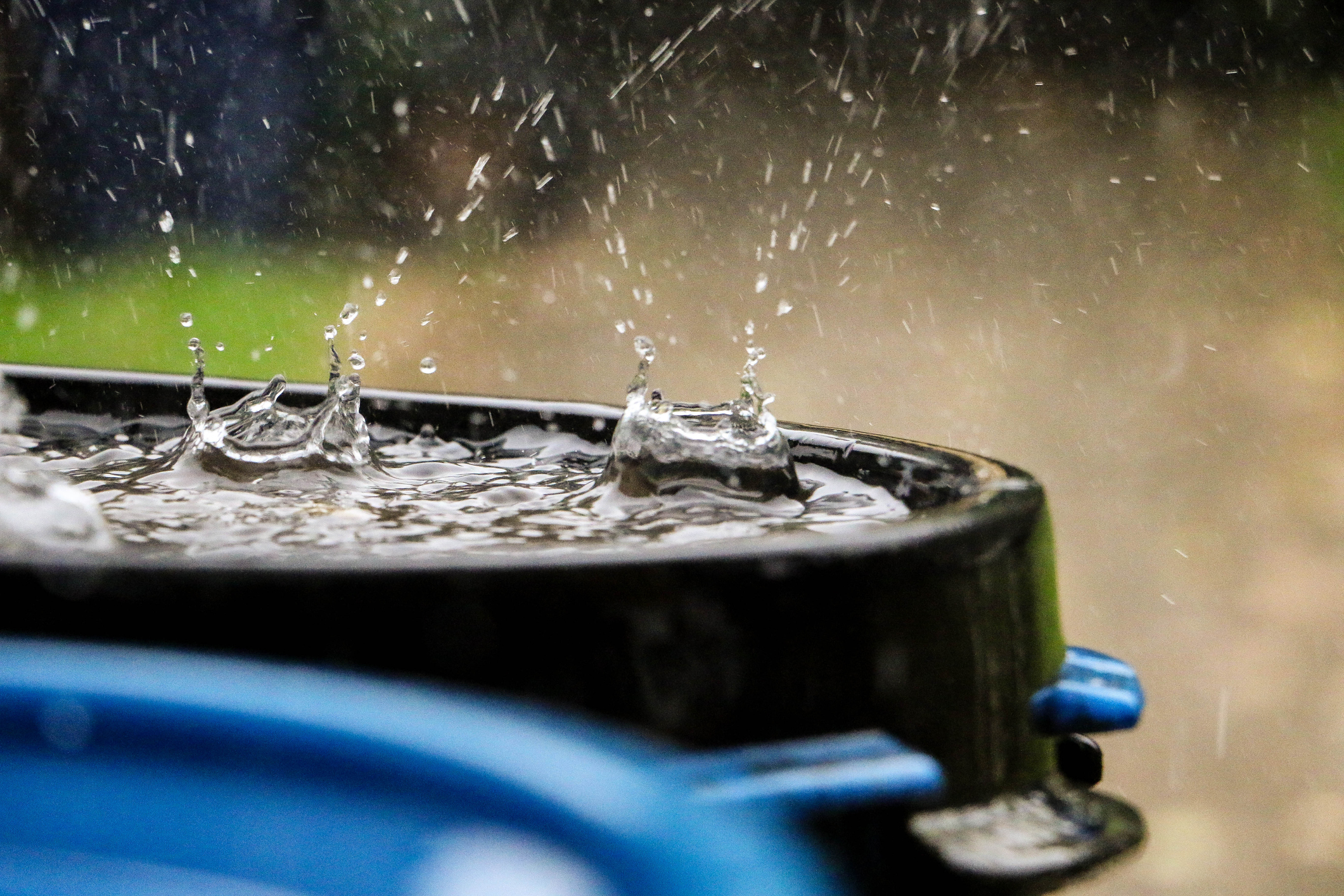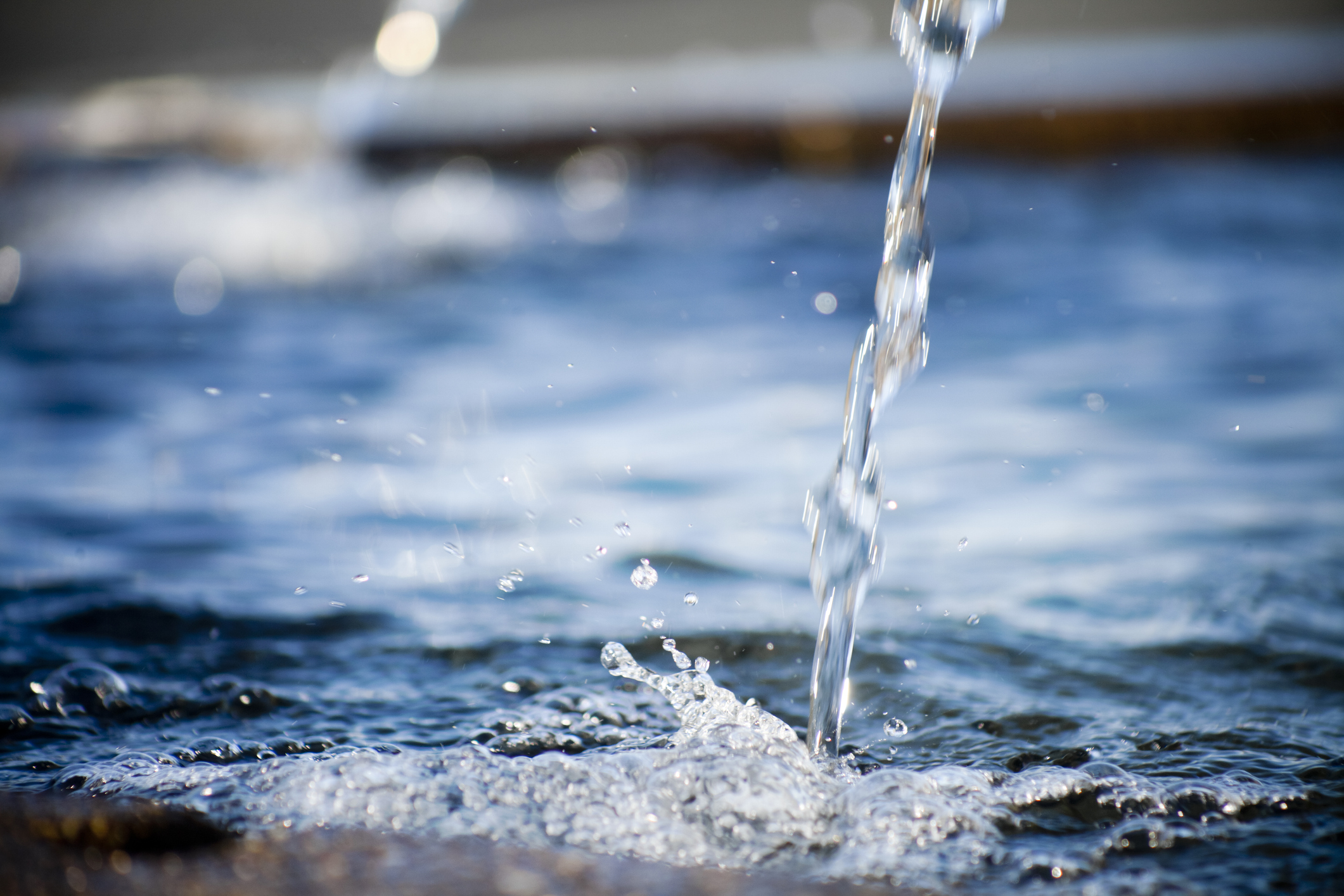
Preparing Our Buildings and Communities for Water Reuse in the 21st Century
In preparation for the 2027 I-Codes, the Code Council's PMG team met with industry stakeholders to examine water reuse provisions in the codes.
From April 10-11, 2024, the National Blue Ribbon Commission for Onsite Non-potable Water Systems (NBRC) partnered with WateReuse and the U.S. EPA, to host an Onsite Water Reuse Summit in Washington D.C.
The Summit aimed to bring together experts and stakeholders to discuss and advance the adoption of onsite water reuse technologies and practices. Held in response to the growing need for sustainable water management solutions, the Summit provided a platform for sharing knowledge, best practices and innovations in water reuse for various applications.

Rich Anderson, International Code Council Director of Plumbing, Mechanical and Fuel Gas (PMG) Technical Resources, participated in the Summit during a panel discussion on Aligning Plumbing Codes and Standards on April 11. During the discussion, Anderson highlighted the Code Council’s work toward examining and implementing water reuse provisions in the International Codes® (I-Codes).
In preparation for the 2027 I-Codes, the Code Council’s PMG team met with industry stakeholders to examine water reuse provisions in the codes. From this meeting, in Spring 2023, the PMG Code Action Committee (CAC) formed the Water Reuse Working Group to review and update all existing I-Code sections to support on-site potable water reuse. Learn more about this groups work here.
Water Reuse Provisions in the International Codes
The Water Reuse Working Group compiled extensive data and conducted a comprehensive review of the water reuse requirements in the 2021 International Plumbing Code® (IPC) and 2021 International Residential Code® (IRC) to determine what updates were needed to better address on-site direct potable water reuse in the 2027 versions of the IPC and IRC. Read more about the most recent PMG codes here.
From the Group’s research, it was determined that existing I-Codes and standards address delivery and, to an extent, potable and non-potable water quality. However, none of the codes and standards address pathogen and chemical contaminants.
The research also clearly showed that an extensive rewrite of the I-Codes water reuse provisions was required to support the industry’s latest advancements in on-site direct potable water reuse. The methodology behind these newly approved code proposals allows for direct on-site potable water reuse. Listen to the Code Council’s podcast on water reuse here.

Code Proposals for the 2027 I-Codes
This risk-based assessment methodology has been applied to the group’s 2027 code proposals, which include easy-to-use charts listing the four treatment levels based on end-use. Furthermore, the newly approved code sections will make it clear for the design community, plumbing contractors and code officials to determine compliance. Learn more about the future of onsite direct potable water reuse here.
The Working Group took great measures to ensure that water reuse was not required in the IPC or IRC but instead provided provisions to support stakeholders looking for water reuse guidance. This allows for solutions to meet the needs of the region, building owners and the design community.
The Code Council has also filed a Project Initiation Notification (PINS) request with the American National Standards Institute (ANSI) to develop a standard series for professional qualifications for on-site direct potable reuse systems.
To further support on-site potable water reuse, the Code Council is planning on developing a series of Professional Qualification Standards to support the advancements in the IPC and IRC. This groundbreaking standard will provide the necessary professional qualification requirements for direct potable reuse systems for installers, inspectors, design professionals, auditors and maintenance personnel.
You can view P157-24 Part 1 and 2 here. To access more resources from the Code Council’s PMG team, click here.









